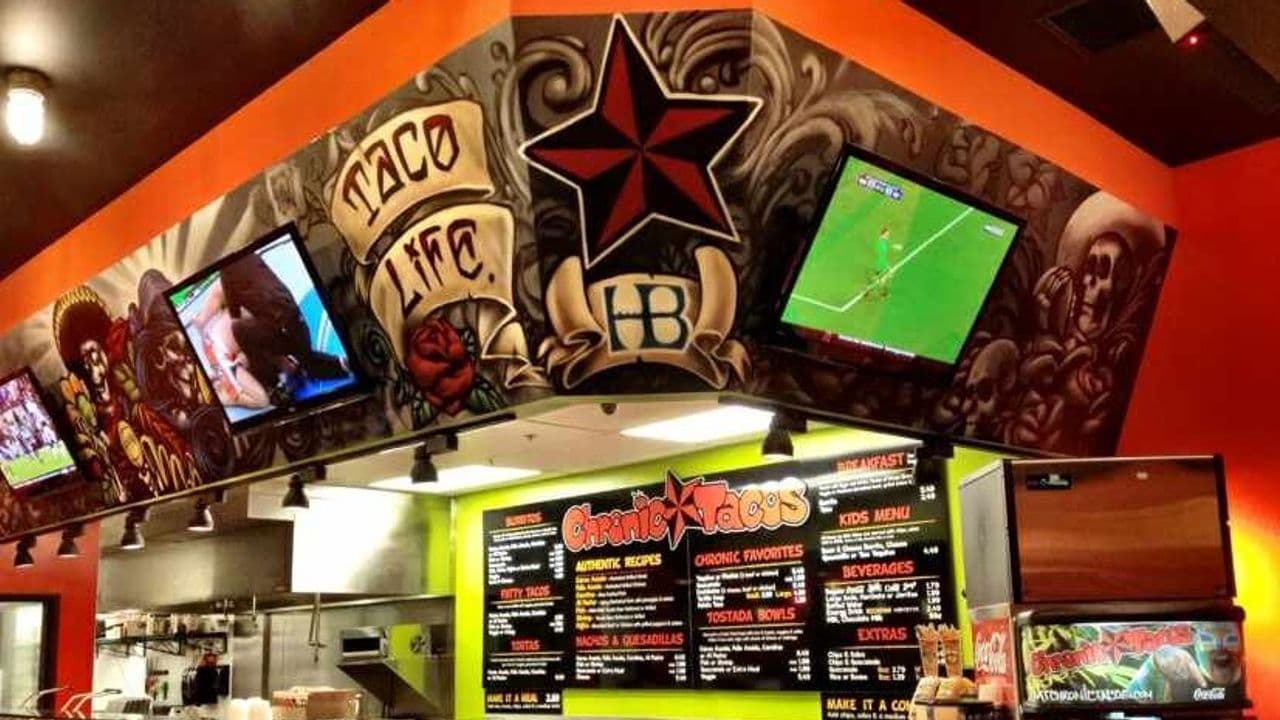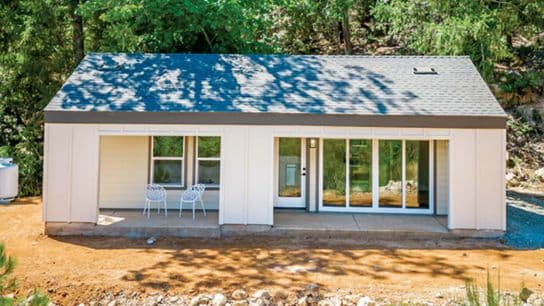Questions Every Franchisee Should Ask Before Buying
Interested in buying a franchise? Find the right fit by asking the right questions.
According to the International Franchise Association’s Franchise Business Outlook, there are 795,932 franchised businesses in the United States, as of 2016. Each location is operated by a franchisee (or franchisees) who at one point found themselves in the position of deciding what franchise concept to pour their life savings into. It’s an incredibly important decision, and one that can be downright overwhelming. Beyond the obvious questions, like “How much money can I make?” and “What is the initial franchise fee?”, there are countless other factors at play that create a successful fit between franchisee and franchisor.
According to Steven Billig, co-founder and chief financial officer of Sweet Charlie’s, an emerging rolled ice cream franchise with seven locations set to open this spring, the first question prospective franchisees should ask is why they’re getting into franchising in the first place, as franchise candidates often make the mistake of getting into the business for the wrong reasons.
“If you can’t answer this question with absolute clarity, you need to reconsider the direction you are taking,” said Billig. “Most franchise candidates go through periods of doubt, fear, concern and excitement. Your original sense of purpose and clarity as to why you are buying a franchise will help carry you through the challenges and doubts you might have along the way.”
When starting out in the process of buying a franchise, Billig also suggests to factor in an exit strategy as part of the due diligence process.
“Having the end in mind is important,” he said. “Do you intend to sell the business in five years? Pass it down to your kids? Maybe you just are looking to keep it for a while and decide later. All of these are acceptable answers; it is just a matter of what is right for you.”
Once the exit strategy has been solidified, franchisees should figure out exactly what they are able to afford, looking beyond the initial franchise fee to determine the total investment.
“It is critical to make sure you have your budget set for your investment -- and stick with it,” said Billig. “Be sure to review all of your capitalization needs. This is when it becomes important to look at the total investment range in the franchise you are considering.”
While financials are certainly important, the company’s growth outlook should be be a major consideration. Michael Mohammed, CEO of Chronic Tacos, a fast casual Mexican grill franchise with 40 locations, suggests looking into the brand’s plans for opening new locations -- and more importantly, how many locations are closing.
“Everyone [looking to buy a franchise] should ask how many locations are opening, where they are opening, who is opening them and how quickly,” said Mohammed. “They should also ask how many have closed, but ask detailed questions as to why they have closed and what factors contributed to them closing.”
Mohammed adds that he encourages all prospective franchisees to be vocal about what they want to know about the brand.
“I wish franchisees would not be intimidated to ask any questions. I often see them hold back because they feel their particular question may make them sound foolish [but] there are no foolish questions to us,” Mohammed said. “You should never make any decision without all of your questions answered. We want franchisees coming into our system prepared and not surprised.”
When determining who to direct these questions to, Mohammed says the answers are in the current system.
“You will always [do] your best research by going out and talking to franchisees in the brand you are looking at. They are the ones who can share with you how being a part of the brand really is and where they struggle and succeed,” he said.
By tapping into the current network of franchisees, prospective franchisees can get a feel for franchisee morale, work/life balance and what day-to-day operations look like. Asking those questions upfront can make the transition into small business ownership a bit easier.
Billig adds, “It is important to know what kind of work / life balance you are looking to achieve. Remember, as with any new business, your first two years are most likely going to demand more time than you might be thinking about at this time.”
Current franchisees in the system can also shed light on company culture, another key component to finding the right franchise fit.
“It’s important to make sure the concept is something that you absolutely believe in and isn’t something that you have just ‘settled for,’” said Ray Stanjevich, co-owner of Friends American Grill, a neighborhood bar and grill franchise with six locations in Georgia. “Do you wholly agree with the culture of the company? It is important that you buy into a company's beliefs and culture before you take the first step.”
At the end of the day, no matter what concept a franchisee buys into, the responsibility to build a successful business lands squarely on his or her own shoulders. Stanjevich concisely summed up what it takes to make it in franchising: “The willingness to never accept defeat is key to being successful.”









